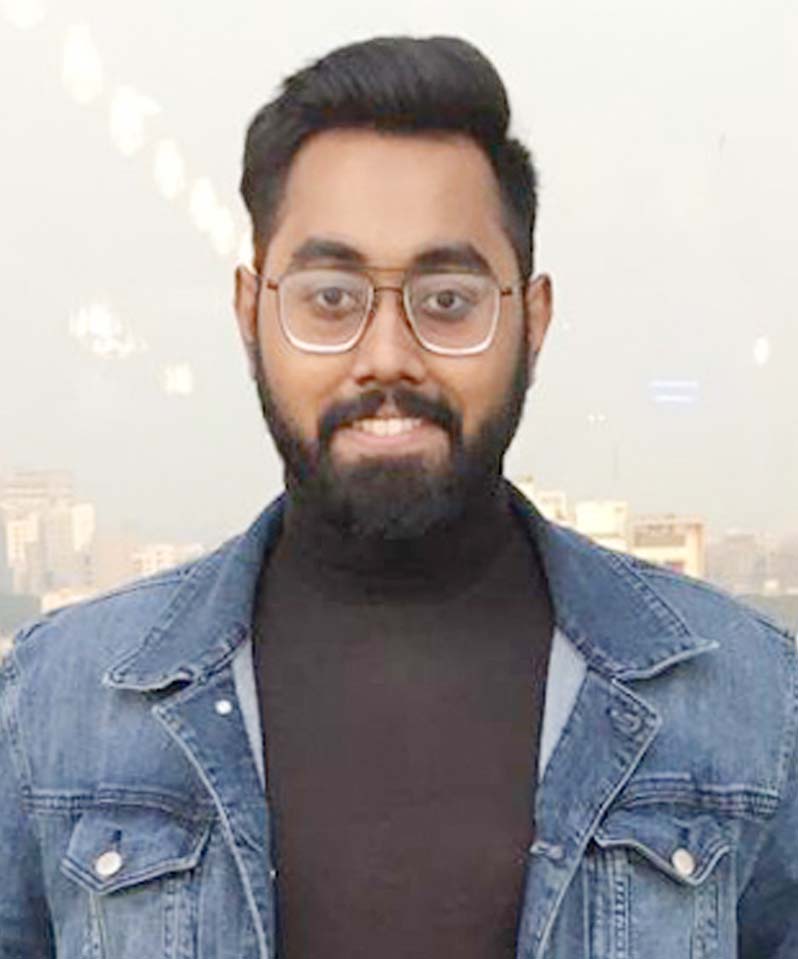Social media reflects rise of intolerance

The level of tolerance in Bangladesh is shrinking day by day with a lot of hate speech or offensive remarks on social media against individuals, communities or organizations.
According to a study by UNDP earlier this year, followers of violent extremists have become increasingly active in cyberspace. The number of followers of such extremist sites tripled in 2020 in Bangladesh reaching 3.8 million. While extremist digital threats are not necessarily new, the risk of abusive and intolerant content is getting much worse.
The study states that one major reason for the rising levels of digital extremism and online misinformation is the increase of people on social media platforms since the onset of the COVID-19 pandemic.
The number of citizens accessing the internet during the crisis increased by 50 pc since March 2020. The surge in internet use coincides with a rise in anti-government, anti-secular, and anti-minority messages that are reaching a widening audience.
Communal violence directed against particular religions and minorities have also risen significantly.
Tolerance in Bangladesh has been or is being questioned due to wars, power and political conflicts and shifts, communal and regional based beliefs, lack of balanced development of education and economic conditions.
In particular, the development of technology and the widespread dissemination of false information are shaking the foundations of tolerance. As a result of which the country has been recently subjected to horrific incidents like communal attacks. There seems to be no way of avoiding regional conflicts.
Mental health specialists from Moner School, Kaan Pete Roi and Bdlisteners made the claims in a discussion with Bangladesh Post on the occasion of International Day for Tolerance 2021.
UNESCO themed this year’s International Day for Tolerance as “Tolerance is respect, acceptance, and appreciation of the rich diversity of our world's cultures, our forms of expression and ways of being human.” The day is an annual observance day declared by UNESCO in 1995 to generate public awareness of the dangers of intolerance and is observed every year on 16 November.
While talking to this correspondent, the experts said that the derogatory speeches on online public platforms shows how the respect among individuals in terms of diversity is still not in line of improvement. There are millions of examples of comments on posts of individuals or communities that are offensive to say the least.
Faysal Ahmed Rafi, Consultant Psychologist and Technical Advisor of Moner School told Bangladesh Post that the counter-answers made to all these statements are in the similar tones. When a statement is made for the sole purpose of attacking beyond logic and respect, and millions of people agree with it, then the matter becomes a social concern.
“We find many clients who have been the victims of such behavior, at work, in the family or at social gatherings. In such a situation, the tendency to break down emotionally at an individual level is increasing,” he said.
He added that when young children see this kind of behavior, they also learn and practice it, as a result of which it is seen that the manifestation of intolerant mentality is also seen in educational institutions or even while playing games, which is worrying.
The experts addressed some of the factors that contribute to the increase in intolerance such as discrimination based on society, economy, community or status; lack of accurate information that may lead to emotional or mental triggering; lack of self-awareness and understanding of emotions and feelings; the need for quick response that may lead to intolerant or disrespectful behaviour and lack of empathy or acceptance especially in terms of differing opinions.
Veteran psychiatrist, Dr Anwara Begum told Bangladesh Post that some people are consciously trying to overcome this intolerant attitude which is hopeful. At the same time, more active roles are needed at the state, government, social and educational institutions, family and individual levels.
“Tolerance should be discussed more and more in our culture, especially in education and social media. So that the present and future generations are encouraged to practice the subject in more ways,” she said.
The practice of the Nonviolent Communication (NVC) approach is recommended by the experts to fight this sort of behaviour. This approach helps people to respect different views and philosophies, as well as to connect with people's feelings and thoughts. As a therapy, NVC is successfully helping people develop a tolerant and respectful attitude as well.




